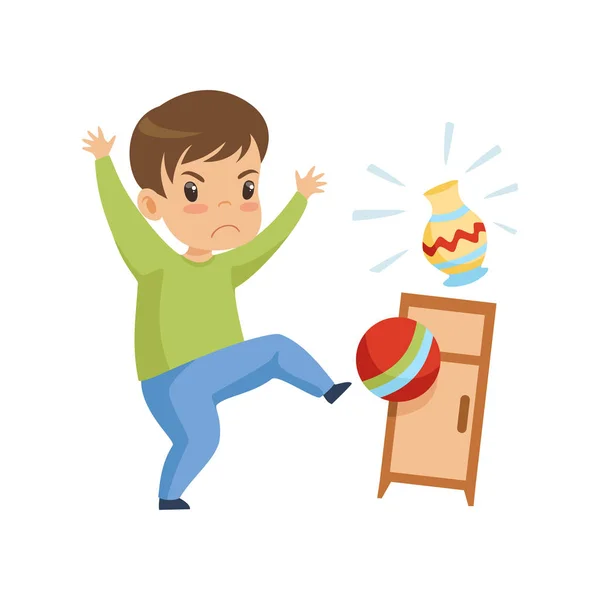From case to case: exploring everyday Spanish / 5 minutes of Spanish + Podcast (English version)
In this podcast we talk about the word case in everyday Spanish. We also take some examples with this word.
Hello, how are you?
Good
morning, good afternoon or good evening depending on where you are or what time
you are listening to us.
Thank
you very much for being here participating in this podcast about Spanish, a
language that we love and that today summons us.
We
are in 5 minutos de español and this is episode number 190. In 10 editions we
reach podcast number 200!
Welcome!
Thank you for being with us week after week, for your comments, for listening
and participating in this family that is Spanish in Cabo. In this case, we will
speak in Spanish, with some translations, in case you need the English version
you have it in the email.
The
point is that we want you to understand the context, not word by word / Word
by word.
As
is your case, a friend of Spanish that listens to us week by week, for 190
weeks you are already understanding more, right?
And
if this is the first time you click on the 5 minutes, ¡arriba! you are in a
very good place: Finish this episode and then look for us on SpanishUp2U, on
Spotify or RRS.com, Amazon Music, Apple podcast, we are everywhere! We are
everywhere.
But
there's no point in listening to the previous 189 podcasts at the same time
.... it's boring (boring) Take it one step at a time. What's today's topic?
Today
we have a very versatile word and who inspired me for this Podcast was Jill,
Bruno Pegoretti's beautiful wife, who is also a painter.
In
case you want to see art in San Jose del Cabo, besides the Galleries, the Art
Walk Caminata del Arte or Marina de Puerto Los Cabos, you can come to study
Spanish and you will see a lot of art hanging on the walls.
Yes,
both of our centers have art, but in the case of San Jose, most of the
paintings we exhibit are very valuable and are works that Bruno Pegoretti,
lends us, /He lends this art to us./ They adorn large, airy installations, in a
building /building/ that costs us a lot, a lot to maintain. If you don't have
the sensibility to value art and effort, perhaps there's no point in coming.
Well,
but talking for the sake of talking is not the point, let's get to the point,
what is today's topic?
It
is a word that has many roles and is used in different contexts: it is
"case". Te habías dado cuenta de que la palabra era caso, ¿verdad?
/ You did realize that the word was case, didn't you?
It's
just that Jill asked me the other day about the expression: "ni al
caso" ", which is very common around here these days. It is a very
common expresión nowadays.
“Ni al caso”
significa que algo no es relevante o no vale la pena considerarlo /
It
means that something is not relevant or not worth considering.
At first glance, "caso" may seem
like a simple word, but the versatility and variety of uses it has make it a
good tool for effective communication.
And
for everyday speech. Let's define what
"caso" means in Spanish.
It
is a noun or noun and is also the I in the case of the verb casar (to marry).
Exactly,
"Case" refers to a particular situation, event or specific
circumstance that requires attention or analysis. If we refer to the legal
context:
El caso lo
lleva el abogado XX. The case is being handled by attorney XX.
We
also hear expressions such as "a patient's case". What does that
mean?
That
refers to the medical history and health situation of a particular patient.
And
we have colloquial expressions such as a mother saying to a child:
Tienes que hacer caso en la escuela / You have to obbey at school.
Or:
El niño no me hace caso. / The child won't listen to me.
And
what about "no tiene caso"?
"No
tiene caso" suggests that something is meaningless or useless in the
present situation.
And
what about "caso perdido"?
It
refers to a hopeless situation or person. Never but, never ever say: Spanish is
a hopeless case .....never throw in the towel
Never
but never ever say: Spanish is a hopeless case ..... never throw the towel
If
this is the case, we are here!
And
you, do you know other expressions with "caso"?
Thank
you very much for making it this far in the Podcast. If you liked it, share it
and leave us a comment.
We
really listen to your comments ... Google and YouTube too.
See
you in the classes or workshops, in the cooking and
language experience, 24/7 on SpanishUp2U or next Wednesday.
See
you soon.
Bye-bye.
 |
| Learn Spanish it s easy! |


Comentarios
Publicar un comentario